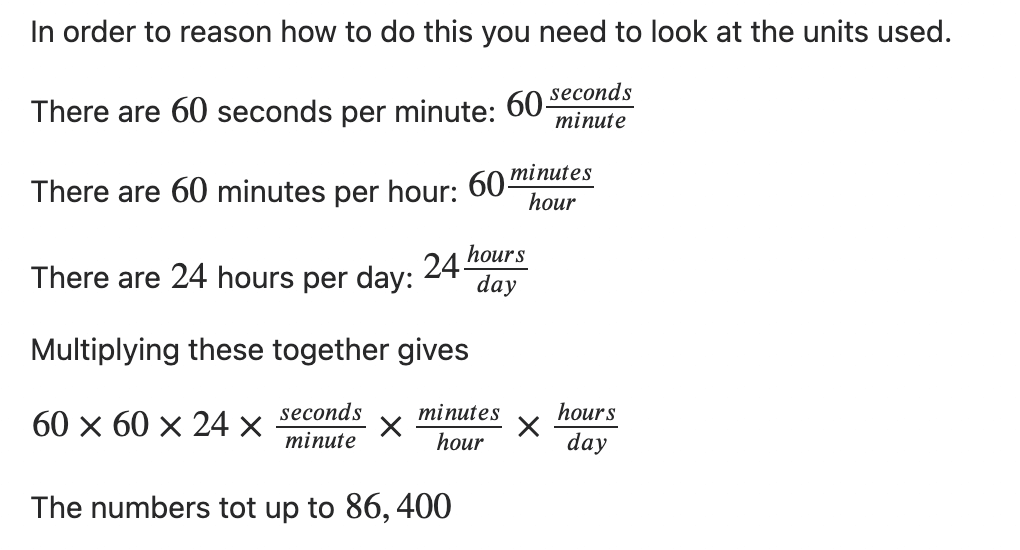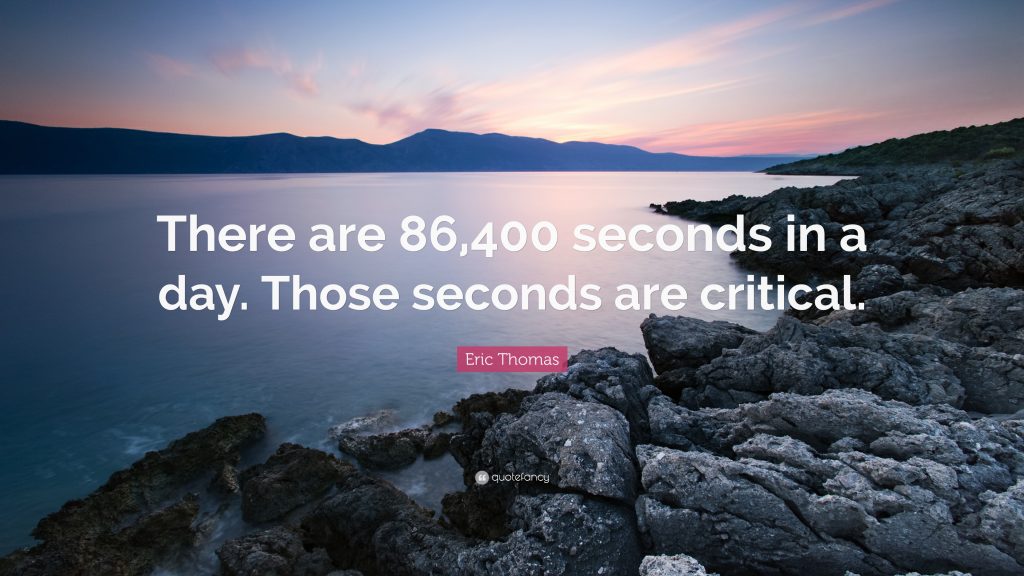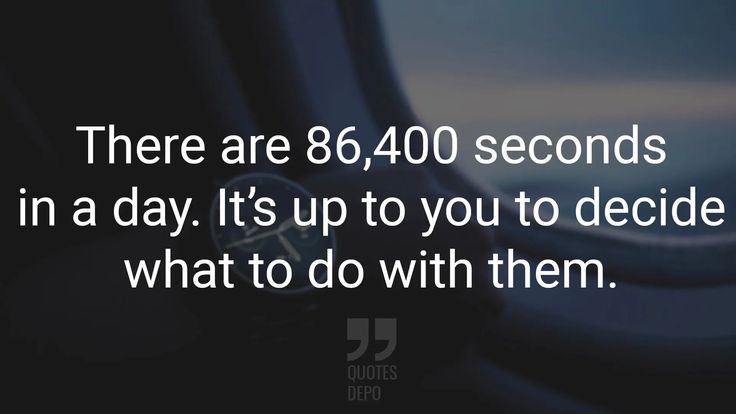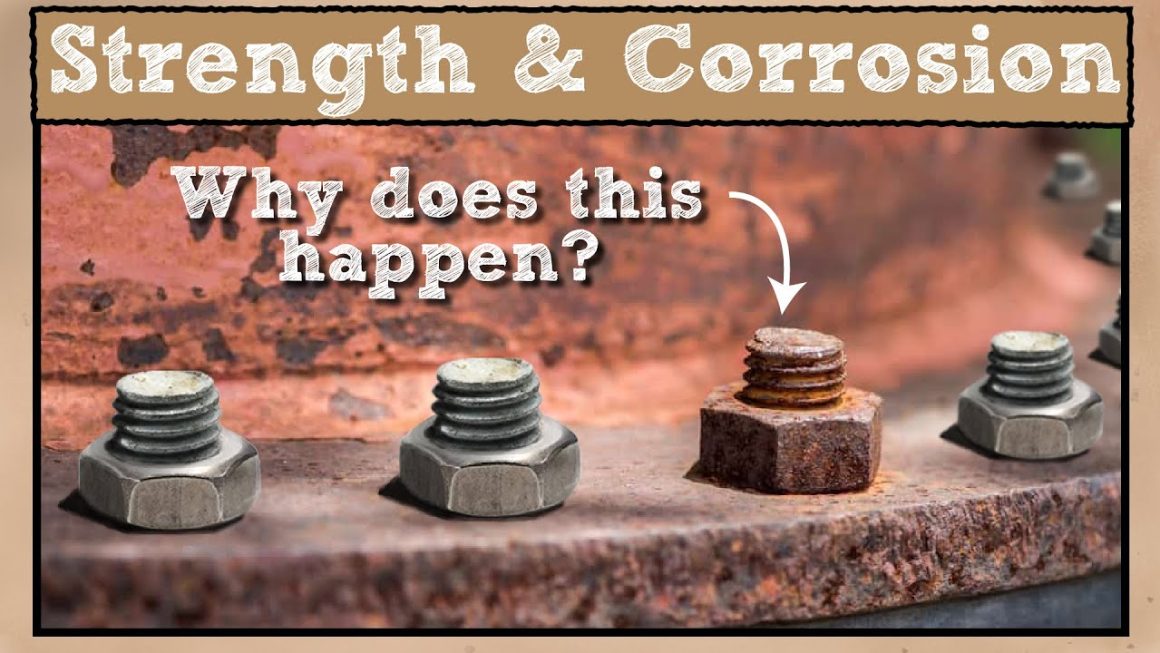Life often turns on a single second.
One second can mean catching a train or missing it. Saying “I love you” or staying silent. A football team winning or losing the game. That’s how powerful a second can be.
But have you ever wondered how many seconds we actually live through in a single day?
This simple question—how many seconds in a day—holds more power and fascination than it seems at first. It’s more than just a math problem. It’s a lens through which we can see how precious our time really is.
The Story of a Forgotten Watch
Let’s start with a story.
Jacob was a young boy living in a small town. On his 12th birthday, his grandfather gifted him a vintage pocket watch. “This isn’t just a watch,” his grandfather said. “It’s a reminder that every second counts.”
At first, Jacob didn’t understand what he meant. Like many of us, he thought time was unlimited. But one day, Jacob lost the watch during a school field trip. He searched everywhere but couldn’t find it.
That evening, he sat with his head low. “I only looked away for a second,” he whispered to himself. And that’s when it hit him—the value of a single second.
From that day on, Jacob began measuring moments carefully, realizing that even a lost second can change everything.
How Many Seconds in a Day?
Let’s do the math.
There are 24 hours in a day.
Each hour has 60 minutes.
Each minute has 60 seconds.
So:
24 × 60 = 1,440 minutes
1,440 × 60 = 86,400 seconds
Yes, there are 86,400 seconds in a day.
That’s 86,400 opportunities. 86,400 chances to speak, act, love, forgive, and grow. When seen this way, each second feels like a powerful, silent gift.
Why Every Second Matters
It’s easy to overlook seconds. They’re small. Invisible. Fleeting.
But in a hospital room, a second can be the difference between life and death.
In a race, a second can separate a gold medal from last place.
In a conversation, a second of hesitation can cost someone their chance to speak up.
Let’s revisit Jacob.
Years later, he became a pilot. During training, he learned that reaction times were measured in seconds. A one-second delay in making a decision could lead to disaster. But a one-second faster response could save lives.
That old watch wasn’t just a memory—it was a lesson that stayed with him every day in the cockpit.
Time Through the Eyes of Science
Scientists also care deeply about time, especially the tiny units of it.
The atomic clock, for example, is accurate to a billionth of a second. Why so precise?
Because satellites, GPS systems, internet servers, and even financial markets rely on exact timing.
If your GPS is off by just one second, it could lead you miles away from your destination.
When you swipe your card to buy coffee, banks use split-second coordination to approve the transaction.
And in space travel, one-second errors can lead spacecraft millions of miles off course.
So when we say there are 86,400 seconds in a day, scientists see 86,400 essential data points.

Real-Life Impacts of Every Second
Let’s look at real situations where seconds changed history.
1. Sports:
In the 2008 Olympics, swimmer Michael Phelps won gold by 0.01 seconds. Had he blinked a moment later, he would have lost.
2. Medicine:
Ambulance response times are measured in seconds. In cardiac arrest cases, every second without CPR lowers survival chances by 7–10%.
3. Finance:
In stock trading, computers execute millions of dollars’ worth of trades in microseconds. Human delay of just one second means losing fortunes.
4. Internet Speed:
A one-second delay in page load time can reduce customer satisfaction by 16%. That’s how much we value every second online.
5. Safety Systems:
Cars with advanced sensors respond to obstacles in less than a second, preventing thousands of accidents each year.
Each second is a heartbeat in the story of our lives.

Visit our website for more updates and stories
Conclusion: Embrace the Power of Now
Now that you know there are 86,400 seconds in a day, what will you do with yours?
You could waste them scrolling endlessly or use them to build something that lasts. Learn something new. Call a friend. Write a journal entry. Hug someone you love. Even just breathe and be present.
Jacob, the boy who lost his watch, later passed it on to his own child, with the same message: “It’s not about telling time. It’s about feeling time.”
Every morning, you are gifted with 86,400 seconds.
You can’t carry them over.
You can’t buy more.
You can only spend them.
Spend them wisely. Because every second you waste…
…is one you’ll never get back.
Quick Summary
- There are 86,400 seconds in a day.
- Seconds are often overlooked but hold great value in sports, science, medicine, and everyday life.
- Real-life examples show how one second can change everything.
- Understanding the value of a second can help us live more purposefully.













